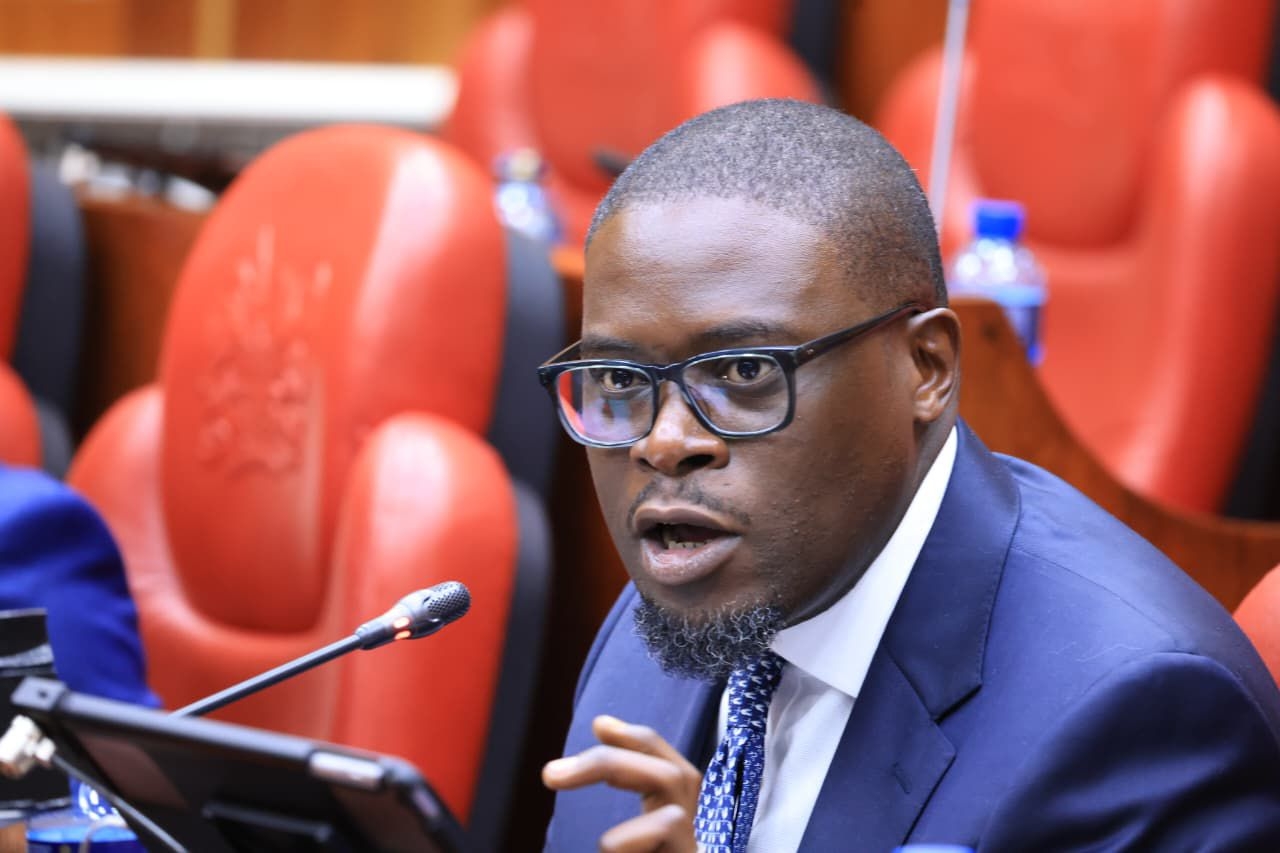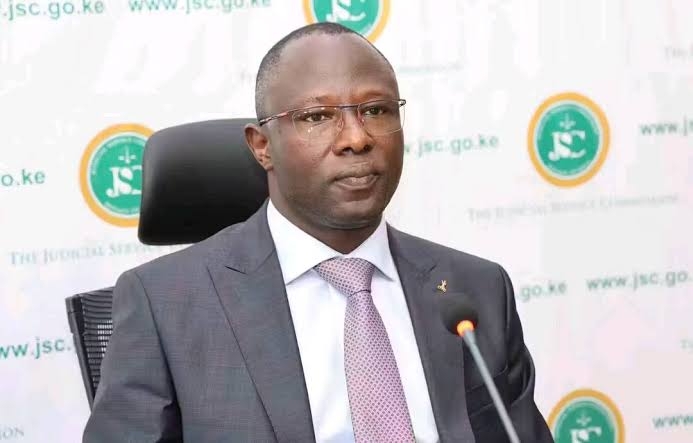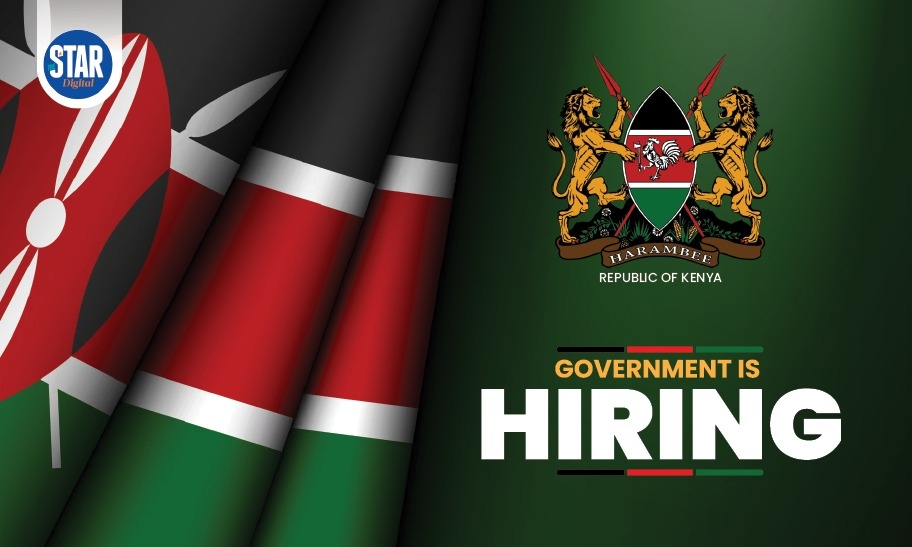Kenya is entering a decisive phase this week that would test the effectiveness of the government's measures to contain the spread of the coronavirus.
The country confirmed its first Covid-19 case on March 13 and the crucial 14-day incubation period for the virus has passed. It signals a likely spike in confirmed cases in the next days.
The US Center for Disease Control and Prevention (CDC) found out that it can take anywhere from two to 14 days for symptoms of Covid-19 to appear.
Research conducted in China also showed that asymptomatic people in mandatory quarantine have up to two weeks after which they start showing symptoms of the virus.
The government is monitoring at least 1,426 people who came into close contact with the country's 42 confirmed cases. Some 877 persons have been tested.
The government has enforced a dusk-to-dawn curfew, banned congregations in churches and imposed a maximum number of passengers in matatus to ensure one-metre social distancing.
Authorities are also emphasising handwashing with plenty of soap and water and using sanitiser to control the spread of the virus.
The government and medical experts have warned that this week could prove crucial for understanding how much farther the outbreak is likely to spread and whether the efforts to contain the coronavirus have been effective.
If the number of reported cases begins to slow, this might be an early indication that control measures are working, or are least having an effect on the trajectory of the virus.
However, should the numbers continue to rise significantly this week, that should be a reason for additional concern.
“We should start to see the effects of the efforts of the containment strategy,” an independent expert of infectious disease spread told the Star.
This would be a very critical week for the country, he said.
Dr Richard Aya, a public health expert, who also is the director of Science and Technology Park, University of Nairobi, confirmed that the country expects a new wave of Covid-19 cases.
“Our biggest concern should be not that people get Covid-19, but that the vulnerable do not get it and if they do, that our health services are able to manage it,” he told the Star.
Aya regretted that people outside the health sector in the country are sitting on a ticking time bomb by appearing to buy time by not focusing on controlling the spread of the virus.
“The measures being taken now are meant to slow down the spread of the disease, so that the health service can then sort it out. Everyone outside the health service is meant to be buying time,” he said.
Fears of the impending rise in Covid-19 cases were confirmed by Health CS Mutahi Kagwe who on Sunday warned that Kenyans should be ready for “any eventuality.”
“In this particular case, we need to be looking as communities what are the secondary schools we can identify, particularly boarding schools, as potential areas where we keep the sick if the situation overruns the health system,” Kagwe said.
He went on: “We need to identify what sort of Nyumba Kumi initiative we need to have. If that happens, there would be no need to cry wolf and to start blaming the government at that point because it would be too late.”
Already comparative data from at least three other countries-UK, Spain and Italy-shows a worrying trend ahead for Kenya which at 16 days of the Covid-19 recorded 38 cases.
Italy, one of the worst-hit countries has recorded 10,779 deaths with cases nearly exceeding 100,000, had only three cases on the 16-day mark. Spain had three cases while UK had only nine confirmed Covid-19 cases by the 16-day.
The analysis reflects worrying times ahead for the country with a potential surge of the cases likely to overwhelm the health sector.
Yesterday Lancet Group of Laboratories CEO Ahmed Kalebi said the government must ensure measures to prevent and mitigate a surge.
The measures, he said, would minimise the devastating impact of a surge in Covid-19 cases as was witnessed in other countries like Italy and Spain where the deaths in a single day have been tragically high.
Kalebi said that while Kenya is in week three of the virus curve comparative data with other selected countries shows the country has the highest total cases per million as at the end of the second week.
“It remains to be seen how Kenya will progress and whether the country will manage to flatten the curve but based on the trend from other countries, the lag phase may last for four to eight weeks before an exponential growth in numbers,” he said.
According to statistics, Kenya is only second after South Africa in total cases per million although both countries are still in the lag phase of the outbreak.
There are also concerns from medics that Kenya does not have ICU beds equipped to particularly treat Covid-19 patients.
While the government has maintained that it has more than 500 ICU beads across public hospitals in the country, medics claim there are hardly 50 such beds.
The United Nations Economic Commission has warned that Kenya, being among African countries, is two to three weeks away from the worst of the coronavirus epidemic.
“If we want to have a fighting chance, we need it immediately,” UNEC Executive Secretary Vera Songwe told Bloomberg.
“In the next two to three weeks, if we act decisively, we may be able to flatten the curve and then when the storm comes it will not be as brutal as we see in Europe.”
The UN agency said Africa needs an Economic Stimulus Package of up to Sh10 trillion to bolster preventive measures and support its fragile healthcare systems.
The World Health Organisation and the Centers for Disease Control and Prevention have emphasised the need for the mandatory 14 days quarantine for those exposed to the virus to prevent its spread.
People who get sick tend to first suffer minor ailments, like headaches, light coughs, and a slight fever for around a week.
But it's usually only at the end of the second week that they will either start improving, or suddenly decline, and for those who do get worse, it can quickly escalate to a trip to the emergency room.
(edited by o. owino)

















